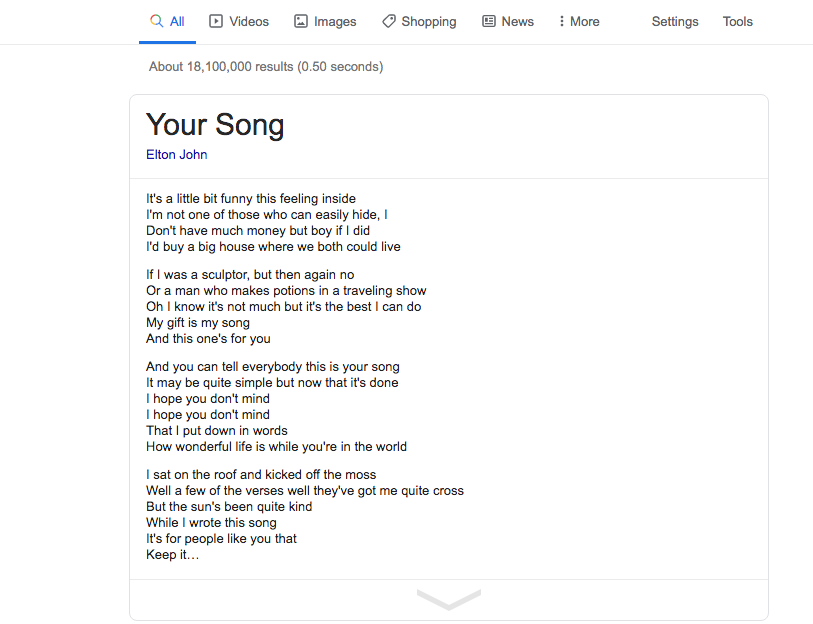Microsoft applauds IP-protecting prison sentence
A US man has been given sentenced to just under four years in prison for dealing in illicit certificates of authenticity suggesting that less-than-legit Microsoft software was genuine.


Software giant Microsoft has welcomed the harsh sentence handed down to a man found guilty of allegedly trading in illegal certificates to pretend that unauthorised versions of Windows XP Professional and Windows 2000 Professional were the real deal.
Yesterday, Justin Harrison was ordered to pay $25,000 and sentenced to 46 months of prison time by the US District Court for the Northern District of Georgia for "trafficking in illicit certificates of authenticity for Microsoft software." The company is hoping the penalty will serve as a deterrent for other would-be wrong doers.
Microsoft also said that it believes the government has made a good move with this action as it goes some way to helping to protect the intellectual property (IP) - the lifeblood of the IT industry - and, ultimately, users.
"Microsoft applauds the United States Attorney for the Northern District of Georgia and the Federal Bureau of Investigation for their efforts to protect consumers and intellectual property in the first prosecution under the Anti-Counterfeiting Amendments," the software giant said in a statement.
"This case involved trafficking in illicit software labels intended to deceive consumers into believing they were acquiring genuine software. The 46-month sentence handed down by United States District Judge Orinda D. Evans in this case should serve as a strong message to others that distributing illicit software certificates is a criminal act that can result in a significant prison term. The sentence recognises the value of intellectual property and the threat that software piracy presents to the global economy and consumers throughout the world," the statement said.
Get the ITPro daily newsletter
Sign up today and you will receive a free copy of our Future Focus 2025 report - the leading guidance on AI, cybersecurity and other IT challenges as per 700+ senior executives
Maggie has been a journalist since 1999, starting her career as an editorial assistant on then-weekly magazine Computing, before working her way up to senior reporter level. In 2006, just weeks before ITPro was launched, Maggie joined Dennis Publishing as a reporter. Having worked her way up to editor of ITPro, she was appointed group editor of CloudPro and ITPro in April 2012. She became the editorial director and took responsibility for ChannelPro, in 2016.
Her areas of particular interest, aside from cloud, include management and C-level issues, the business value of technology, green and environmental issues and careers to name but a few.
-
 Should AI PCs be part of your next hardware refresh?
Should AI PCs be part of your next hardware refresh?AI PCs are fast becoming a business staple and a surefire way to future-proof your business
By Bobby Hellard Published
-
 Westcon-Comstor and Vectra AI launch brace of new channel initiatives
Westcon-Comstor and Vectra AI launch brace of new channel initiativesNews Westcon-Comstor and Vectra AI have announced the launch of two new channel growth initiatives focused on the managed security service provider (MSSP) space and AWS Marketplace.
By Daniel Todd Published
-
 MI5 and FBI warn businesses over mass Chinese IP theft
MI5 and FBI warn businesses over mass Chinese IP theftNews The security services urged organisations to consolidate security practices and approach Chinese business relationships with caution
By Rory Bathgate Published
-
 IBM sues LzLabs for alleged patent infringement
IBM sues LzLabs for alleged patent infringementNews The Swiss-based company is also alleged to have swindled IBM's trade secrets to reap profits
By Praharsha Anand Published
-
 FTC sues to block Nvidia's Arm acquisition
FTC sues to block Nvidia's Arm acquisitionNews Deal for the UK-based chipmaker is now subject to an administrative trial in August 2022
By Bobby Hellard Published
-
 UK universities join forces to create startup investment group
UK universities join forces to create startup investment groupNews Leeds, Manchester and Sheffield universities form 'Northern Gritstone' to fund businesses borne from academic research
By Bobby Hellard Published
-
 UK watchdog says Facebook's Giphy acquisition may stifle competition
UK watchdog says Facebook's Giphy acquisition may stifle competitionNews The CMA says the deal may limit market access to a popular service
By Bobby Hellard Published
-
 Trump pardons convicted ex-Google engineer Levandowski
Trump pardons convicted ex-Google engineer LevandowskiNews Driverless car expert "grateful for the opportunity to move forward" after his 18-month prison sentence is nullified
By Bobby Hellard Published
-
 Ex-Uber exec accused of stealing IP secrets to found London tech startup
Ex-Uber exec accused of stealing IP secrets to found London tech startupNews Lawsuit claims former exec stole trade secrets from a US-based logistical firm
By Bobby Hellard Published
-
 Google caught 'red-handed' lifting lyrics data
Google caught 'red-handed' lifting lyrics dataNews The tech giant has denied any wrongdoing but Morse code hidden in song lyrics says otherwise
By Bobby Hellard Published